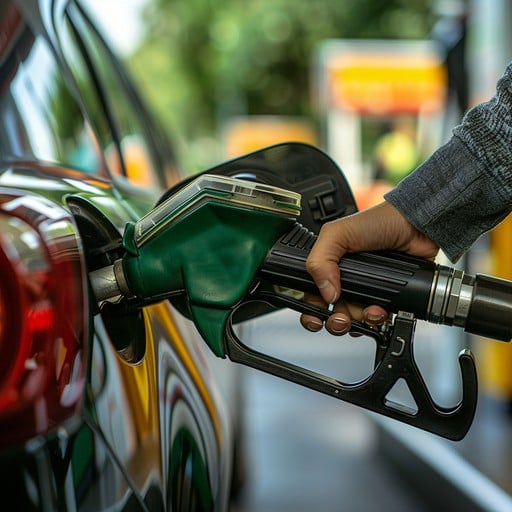BUSINESS &ECOMONY

FUEL PRICE NEARS ₦1,000 IN NIGERIA: WHO’S TO BLAME?
Nigerians Pay More at the Pump as Fuel Price Hits ₦955 — Here’s Why
Nigerians are once again feeling the heat as the price of Premium Motor Spirit (PMS), commonly known as petrol, nears the ₦1,000 per litre mark.
On Monday, the Nigerian National Petroleum Company Limited (NNPCL) adjusted fuel prices at its retail stations in several states. In Abuja, Nasarawa, and Kogi, prices rose sharply by ₦65 — moving from ₦890 per litre over the weekend to a staggering ₦955 per litre.
This hike didn’t happen in isolation. Several major fuel marketers like Ranoil, AA Rano, Shema, Empire Energy, and others also raised their pump prices to between ₦950 and ₦971 per litre, leaving consumers with no real alternative.
Why Is Fuel Getting More Expensive?
Industry players are pointing fingers in different directions. According to the Independent Petroleum Marketers Association of Nigeria (IPMAN), the falling value of the Naira and rising exchange rates are key drivers of the spike.
“Depot owners are buying dollars at high rates, which in turn affects the price they sell fuel,” said IPMAN spokesperson Chinedu Ukadike. He also mentioned that the Dangote Refinery, which many hoped would help lower fuel prices, is selling its product at a relatively high rate — around ₦858 per litre — which adds to the burden.
Other depots aren't far off either:
NIPCO: ₦870
Aiteo: ₦855
Ranoil: ₦865
On the other hand, the Petroleum Products Retail Outlets Owners Association of Nigeria (PETROAN) isn’t happy with how the Dangote Refinery sets its prices. According to the PETROAN President, Billy Gillis-Harry, “The current pricing system from Dangote is not transparent or consumer-friendly.”
Global Factors Add to Local Pain
Adding fuel to the fire, global crude oil prices have dropped — Brent crude and West Texas Intermediate fell to $68.70 and $66.24 per barrel, respectively. This should ideally mean cheaper petrol, but the opposite is happening in Nigeria, largely due to importation costs, forex challenges, and the still-developing local refining capacity.
What Does This Mean for Nigerians?
With fuel prices climbing dangerously close to ₦1,000 per litre, transportation costs and prices of goods are likely to rise further — deepening the already tough economic situation for millions.
As the blame game continues among marketers, depot owners, and refinery operators, Nigerians are left to bear the brunt — paying more to fuel their cars, businesses, and daily lives.
"This represents a significant development in our ongoing coverage of current events."— Editorial Board









